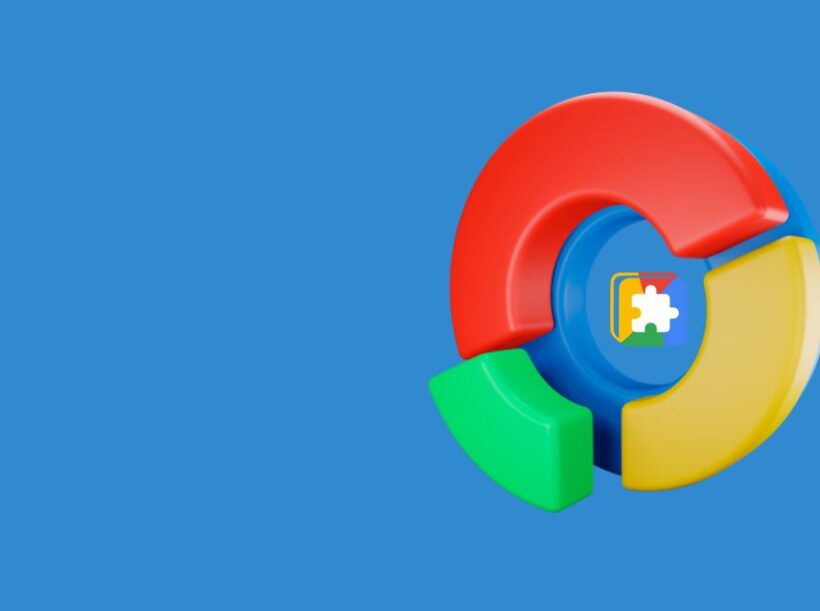File system access refers to the ability of web applications or browser extensions to read and write files on a user’s device. This capability enables web applications to function offline, access local files, and provide a more desktop-like experience.
With file system access, extensions can go beyond the traditional boundaries of the web and interact directly with the user’s local file system.
Benefits of File System Access
File system access offers several advantages:
Offline Functionality: Extensions can provide offline functionality by accessing and manipulating local files, allowing users to work with their data even without an internet connection.
Enhanced User Experience: By interacting with local files, extensions can offer a seamless and integrated experience, bridging the gap between web and desktop applications.
Data Persistence: Extensions can store and retrieve data locally, ensuring that user progress or preferences are preserved even when the extension is closed or the device is restarted.
Interoperability: File system access enables extensions to interoperate with other applications that rely on local files, facilitating data exchange and enhancing the overall functionality.
How File System Access Works
File system access typically involves the following steps:
- User Permission: Before accessing local files, extensions typically request user permission to ensure data privacy and security.
- File System API: The browser provides an API, such as the File System Access API, that extensions can use to read, write, and manipulate files and directories.
- File Operations: Extensions can perform various file operations, such as reading, writing, renaming, deleting, or creating new files and directories.
- Data Synchronization: Extensions can synchronize local files with remote data sources, ensuring that data remains up-to-date and consistent.
Use Cases for File System Access
File system access is particularly useful in the following scenarios:
- Offline Editing: Extensions can enable users to view and edit documents, spreadsheets, or other files offline, providing a seamless experience even without an internet connection.
- Data Import and Export: Extensions can facilitate data exchange between local files and web applications, allowing users to import or export data for further analysis or processing.
- Backup and Recovery: Extensions can offer backup and recovery solutions by allowing users to store important data locally, providing peace of mind in case of data loss.
- Local Media Access: Extensions can access and manipulate local media files, such as images, videos, or audio files, enabling users to manage and organize their media library.
Challenges and Considerations
While file system access offers benefits, there are considerations to keep in mind:
- Security and Privacy: Accessing local files raises security and privacy concerns. Extensions should handle user data securely and transparently, obtaining user consent and providing clear disclosures.
- File System Limitations: Different browsers and platforms may have varying levels of support for file system access, and certain file operations may be restricted for security reasons.
- Performance Impact: Reading or writing large files can impact the extension’s performance, especially on devices with limited resources or slower storage media.
- Cross-Origin Access: Extensions should respect the same-origin policy, ensuring they only access files within their own origin or with user consent to prevent unauthorized data access.
File system access empowers extensions with the ability to interact directly with the user’s local file system. This capability enables offline functionality, data persistence, and interoperability with other applications. By leveraging file system access, extensions can provide a more desktop-like experience, enhance user privacy, and facilitate data exchange.
However, it’s crucial to address security and privacy concerns, handle user permissions properly, and adhere to platform-specific limitations and guidelines for file system access.



